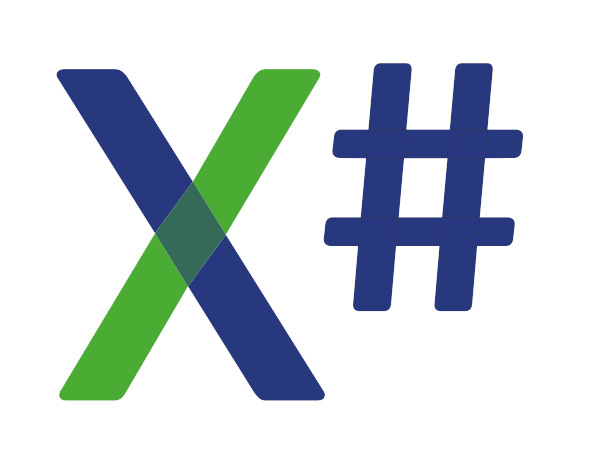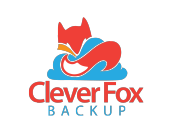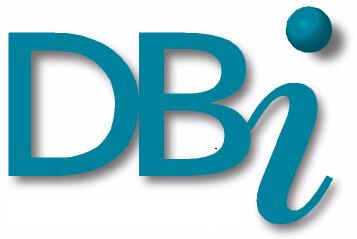
Southwest Fox 2019
October 24-27, 2019
SanTan Elegante Conference Center
Gilbert, AZ
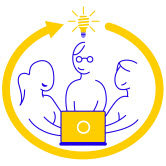
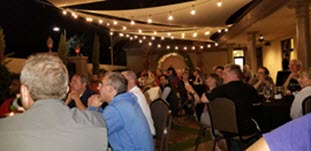
Post-Conference Training
Want even more training than Southwest Fox provides? Plan on staying Sunday to attend this FREE additional workshop.
Register for the post-conference training when you register for Southwest Fox. If you've already registered for the conference, email register@geekgatherings.com and we'll add you to the post-conference list.
XSharp (X#) is a .NET development language based on the xBase syntax. It is open source and is based on Roslyn, aka the C# compiler. Next to the compiler, X# also provides Visual Studio integration to support most .NET-based applications: Console, Windows Forms, WPF etc. It supports several dialects of the xBase family: Core, Visual Objects, Harbour, xBase++, VFP, etc. It comes with a macro compiler to support runtime evaluation, a Runtime Library and RDDs, and provides runtime components to support dialect-specific classes and functions.
X# is a "community driven" project. We build what you, our customers, would like to see. The source for X# is available on GitHub, so you can see what we do and also contribute to the development of the project if you like. The development team originates in the Visual Objects community, so that is why the Visual Objects support is the most developed at this moment. But we are working on expanding the product to the VFP community actively.
In this 90 minute post-conference session, we will take you through the migration process of a (simple) Visual FoxPro (VFP) application. We will start with a VFP project and extract its forms, custom controls, menus, reports etc. These will be converted to a Visual Studio Solution, project and source files. We will show you how the code with some modifications will compile and run in Visual Studio. After that we will extend the application with some .NET components.
Please remember that the VFP support for X# is "work in progress". Some things are still a little rough and need more work. We will use this session to also discuss with you what YOUR wishes are for the direction of X# for VFP. One example, we have two options for the conversions of VFP forms:
- We can convert them to standard .NET windows forms or WPF forms. The advantage of this is that everything will work just like in C# and VB and that we can use the built-in editors for forms in Visual Studio. The disadvantage is that some pieces of your existing code will need modifications, especially event handlers.
- We can create a UI library based on standard .NET forms that will emulate the VFP forms completely. As a result event handlers will "just work". However these forms will be somewhat different from what C# and VB developers are using, and we most likely have to create our own Form designers, that of course would look a lot like the VFP form editor.
During the session we will show you approach #1. Approach #2 will need more work on our side (UI library and tools) but some of that work has already done by others, such as Christof Wollenhaupt for Guineu, so we might be able to use some of that.
Other (similar) discussions are about SQL access, reporting, which tools we should port, etc. We know that the VFP community has always been very strong. We hope that we can contribute to this community and that together we can help VFP developers to move their applications forward into the world of .NET.
Come and join us in this session and help to set the course for the X# VFP support.
Videos of the workshop are available:
Recorded by Matt Slay
Recorded by X# staff: Part 1, Part 2, and Part 3
Why xSharp might be the tool FoxPro developers have been waiting for
